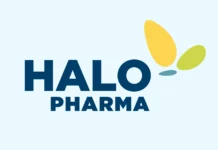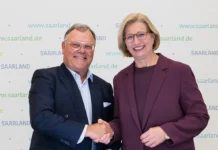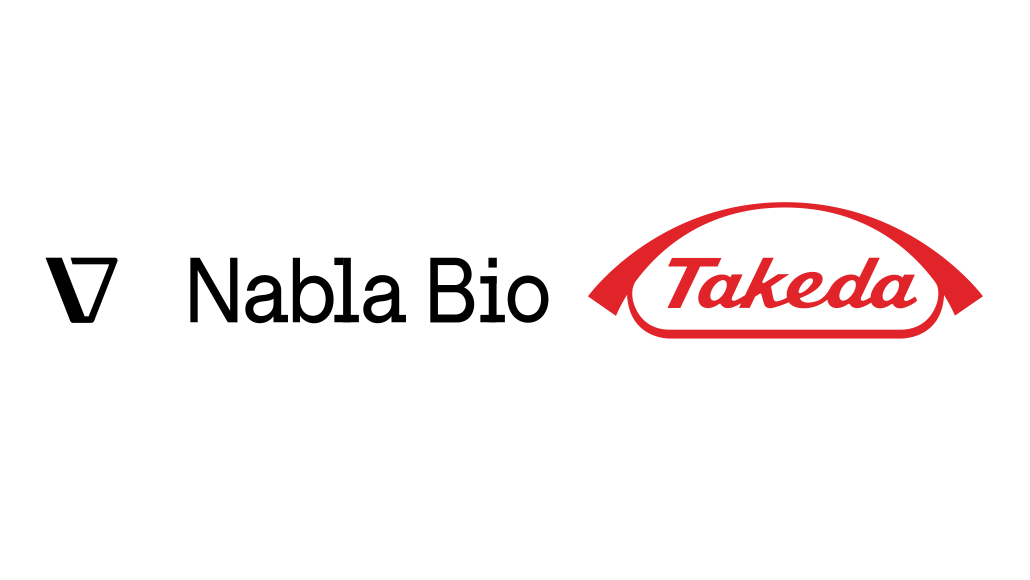Nabla Bio, the U.S. biotech firm, said on October 14, 2025, that it has signed a second major research partnership along with Takeda Pharmaceutical, the Japanese drugmaker, thereby deepening their usage of AI in drug development.
As per the new multi-year agreement, which happens to build on an earlier collaboration that was launched in 2022, Nabla is going to receive upfront as well as research cost payments in double-digit millions. The company is also eligible for success-based payments of over $1 billion.
The move goes on to highlight the growing momentum throughout the pharmaceutical industry to make the right use of AI in drug development, with high hopes of prominently reducing the timelines as well as costs in the years to come.
According to Nabla, it would use its Joint Atomic Model (JAM) – the proprietary AI platform—to design protein-based therapeutics for the early-stage pipeline from Takeda. The companies are going to focus on the hard-to-treat diseases and will also include multi-specific drugs and, along with it, other custom biologics.
Comparing it to how ChatGPT answers text questions, Surge Biswas, the Nabla CEO, said that JAM happens to respond to molecular queries by designing antibodies right from scratch that bind the targets with the expected properties.
The company goes on to claim to maintain potentially the fastest feedback loop across the sector, with a turnaround of three to four weeks right from design to lab testing.
As per Biswas, who told Reuters that they are basically working on whatever the most immediate and pressing problems of the discovery portfolio in Takeda are at any given time, and also making use of JAM so as to help unlock as well as unblock those.
It is well to be noted that the latest deal comes weeks after Takeda confirmed that it is going to exit cell therapy research so as to focus on much faster as well as more scalable drug types.
Earlier in October 2025, Takeda went on to join a consortium that had in it Bristol Myers Squibb in order to train AI models by way of using the shared data.
Nabla anticipates the first-in-human data coming from its AI-designed molecules in a matter of one to two years.




















